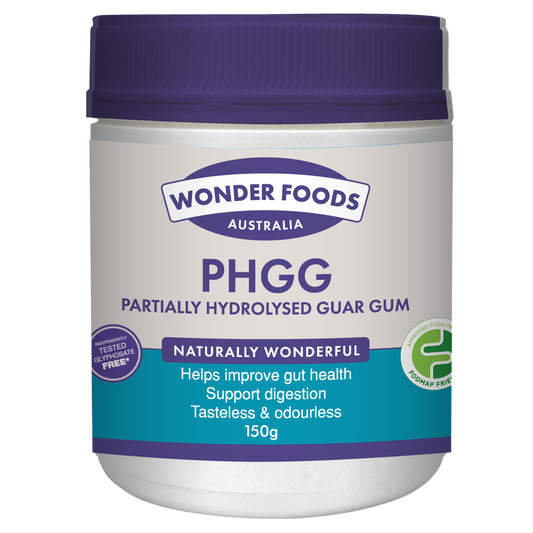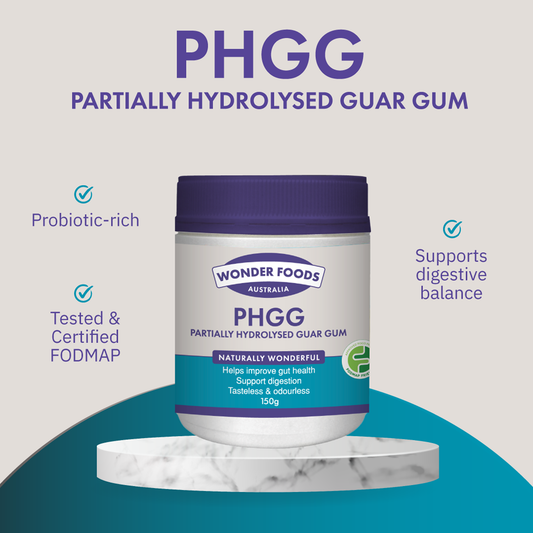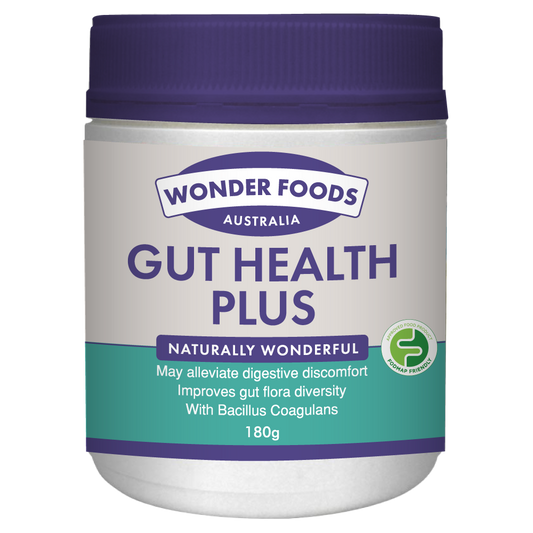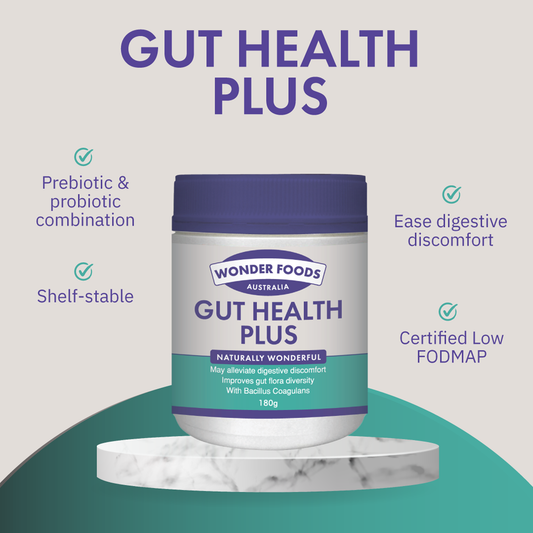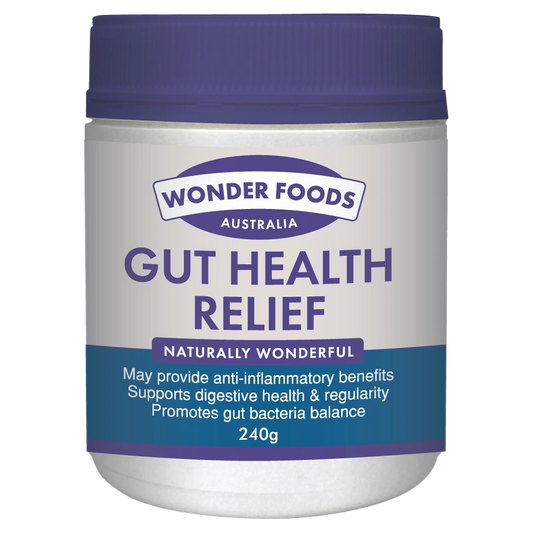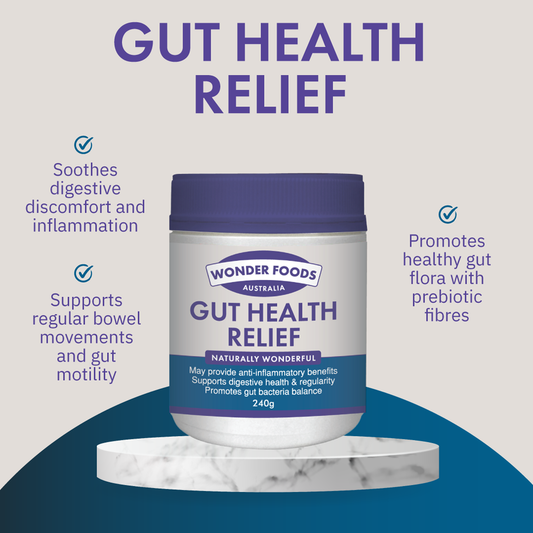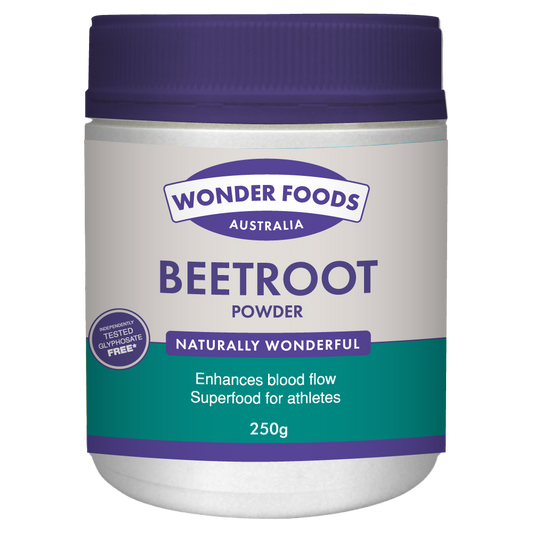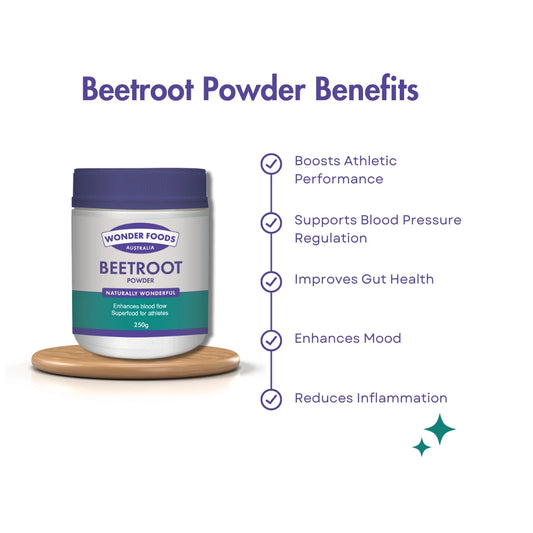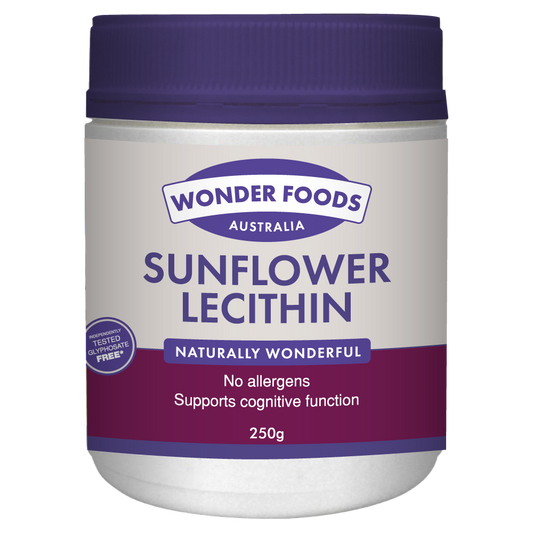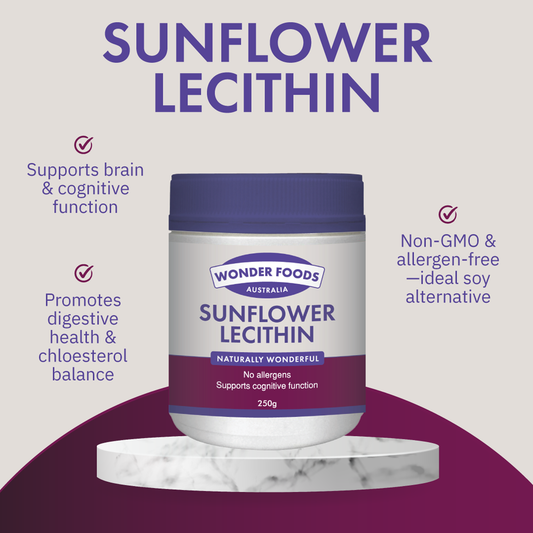
Menopause - Everything you Need to Know
What is Menopause?
Menopause marks the end of a woman’s reproductive years and is defined by the absence of menstrual periods for 12 consecutive months.
This natural phase of life typically occurs between the ages of 45 and 55, with the average age being 51 or 52.
Menopause is often referred to as a transition rather than a single event, as it involves gradual hormonal changes over time.
The phase leading up to menopause is called perimenopause, during which women may experience fluctuating hormones and irregular periods.
After menopause, a woman is considered postmenopausal, which means she will no longer have periods.
What Causes Menopause?
Menopause occurs due to a decline in the hormones oestrogen and progesterone, which are produced by the ovaries.
These hormones are responsible for regulating menstruation and ovulation. As women age, the ovaries gradually produce less of these hormones, eventually leading to the cessation of ovulation and menstruation.
In some cases, menopause can be induced early due to surgery, such as the removal of ovaries, or medical treatments like chemotherapy and radiation.
Menopause that occurs before the age of 45 is called early menopause, and if it happens before 40, it’s known as premature menopause.
Symptoms of Menopause
Menopause symptoms can vary widely among women. Some women transition through menopause with minimal discomfort, while others experience significant physical, emotional, and cognitive changes.
Common physical symptoms include
- hot flushes,
- night sweats,
- sleep disturbances,
- vaginal dryness,
- brain fog
- sore breasts, and
- joint pain.
Many women also report emotional symptoms such as mood swings, anxiety, fatigue, and brain fog, making it difficult to concentrate or remember things.
These symptoms are often caused by fluctuating hormone levels and can impact daily life.
While symptoms like hot flushes may subside over time, some women experience symptoms for several years post-menopause.
Managing Menopause
Managing menopause requires an individualised approach, as each woman’s experience is unique.
Some women may need minimal intervention, while others seek medical or lifestyle solutions to cope with their symptoms.
The key to managing menopause is understanding your body’s changes and finding what works best for you.
Options include lifestyle modifications, natural remedies, hormone therapies, and medications.
Hot flushes are among the most frequent and disruptive symptoms of menopause.
The anti-inflammatory benefits of Castor Oil (make sure it's organic, cold pressed and in a glass bottle - no plastics!) may help lessen both the severity and occurrence of hot flashes when applied to the skin or used as a massage oil.
Furthermore, massaging the abdomen with castor oil can ease bloating and indigestion, which are common digestive complaints during menopause.
If you are experiencing sleep disturbances, it might help to include an Epsom Salt Bath and apply these five tips to your sleep routine.
Joint pain can be managed through gentle exercise, removing inflammatory foods from your diet (like seed oils) and supplementing with collagen, glucosamine and chondroitin.
Some Health Practitioners recommend rubbing Castor Oil on the painful joints for relief.
By staying informed and making proactive decisions, you can navigate this transition with greater ease and confidence.
Can Menopause affect the Brain?
The menopausal transition has been proposed to put women at risk for undesirable neurological symptoms, including cognitive decline.
Previous studies suggest that alterations in the hormonal milieu modulate brain structures associated with cognitive function.
As the evidence grows, so more Health Practitioners are recognising the mental and cognitive benefits of creatine.
Studies indicate that creatine supplementation can be especially beneficial for maintaining muscle function, cognitive health, and energy levels during menstruation, pregnancy, postpartum, and menopause.
A detailed analysis of data from the National Health and Nutrition Examination Survey (NHANES) revealed a strong connection between creatine consumption and several aspects of women’s reproductive health.
Choline, found in eggs and Sunflower Lecithin, is another nutrient that is being recognised for it's cognitive benefits.
Lifestyle Changes
Making simple lifestyle changes can have a significant impact on reducing menopause symptoms.
Eating a healthy diet, staying hydrated, and maintaining a regular exercise routine can help manage weight, reduce stress, and improve overall well-being.
A diet rich in fruits, vegetables and animal proteins supports both physical and mental health during menopause.
Physical activity, such as walking, swimming, or yoga, not only helps with weight management but also improves mood and energy levels.
You should also work with an Exercise Physiologist to improve your muscle strength - crucial for maintaining independence as we age.
Additionally, getting enough sleep and reducing unhealthy habits like smoking and excessive alcohol consumption can greatly improve how you feel during this phase of life.
Practical Tips for Menopause
Practical strategies can help manage specific symptoms.
For example, if hot flushes or night sweats are an issue, try using a handheld fan or spraying yourself with cool water when the heat becomes overwhelming.
Dressing in layers can also help, as you can easily remove a layer when you feel too warm.
For sleep disturbances, keep your bedroom cool, avoid heavy meals before bedtime, and create a calming bedtime routine, such as reading or meditating.
These small adjustments can make a big difference in how you cope with everyday menopausal symptoms.
Therapies and Medicines for Menopause
There are several therapies and medications available to help women manage menopause symptoms.
Menopausal Hormone Therapy (MHT), also known as Hormone Replacement Therapy (HRT), is one of the most effective treatments for relieving symptoms such as hot flushes and vaginal dryness.
It works by replenishing the body’s declining oestrogen levels.
However, MHT is not suitable for everyone, and it's important to discuss the risks and benefits with a healthcare provider.
Additionally, some women turn to natural therapies like herbal supplements, though it's essential to consult a doctor before starting any new treatment to ensure it's safe and effective.
Your Emotional Health during Menopause
Menopause can take an emotional toll, and it’s important to address mental health alongside physical symptoms.
Hormonal changes can lead to feelings of sadness, anxiety, or irritability.
Practicing self-care, mindfulness, and relaxation techniques such as yoga or meditation can help manage stress and emotional discomfort.
Finding time to do activities you enjoy, maintaining social connections, and seeking support from friends, family, or a counselor can also improve your emotional well-being.
If you're experiencing severe emotional changes, such as anxiety or depression, it’s important to talk to your doctor for guidance on treatment options.
More Information for Menopause
Menopause is a natural part of life, but it doesn’t have to be overwhelming.
There are many resources available to help women navigate this transition.
Speak with your healthcare provider about your symptoms and options for treatment.
Educational resources, such as books, support groups, and reputable websites, can provide additional information.
Remember that you’re not alone in this journey, and with the right tools and support, you can manage menopause and enjoy this new phase of life with confidence and health.

